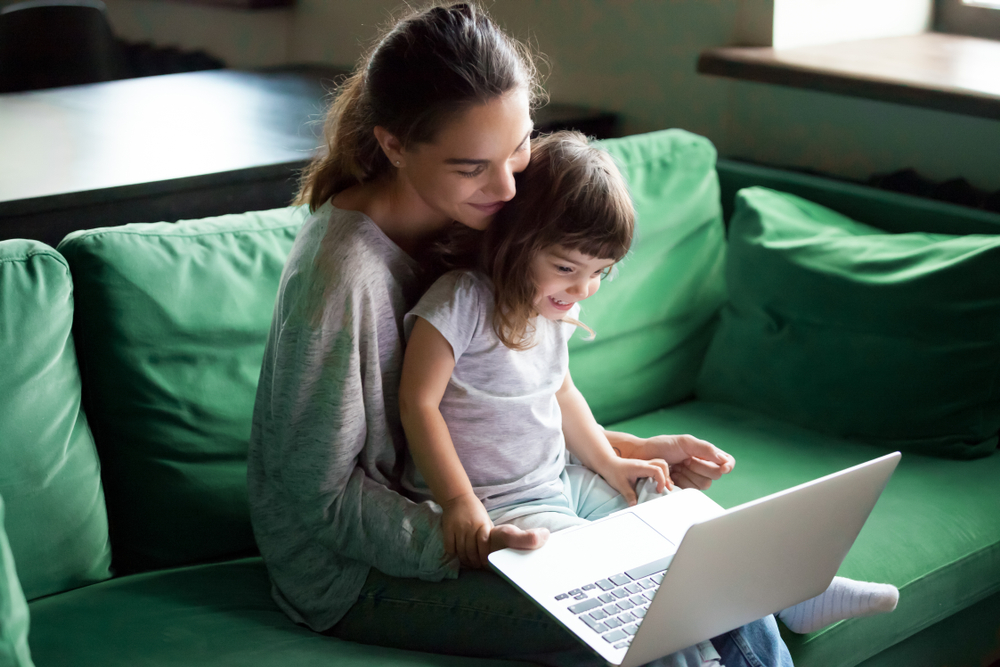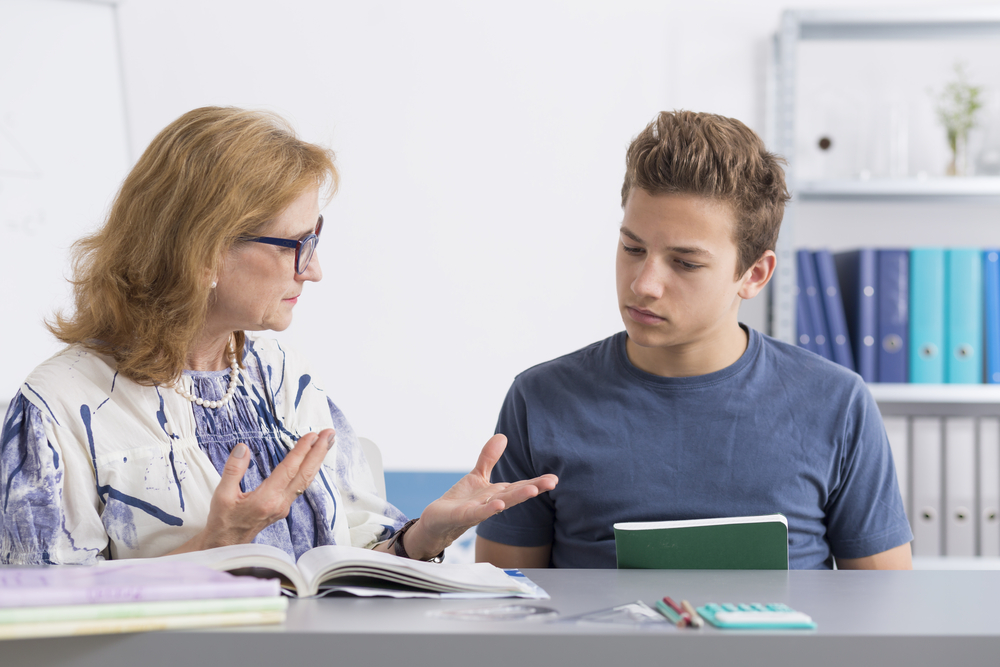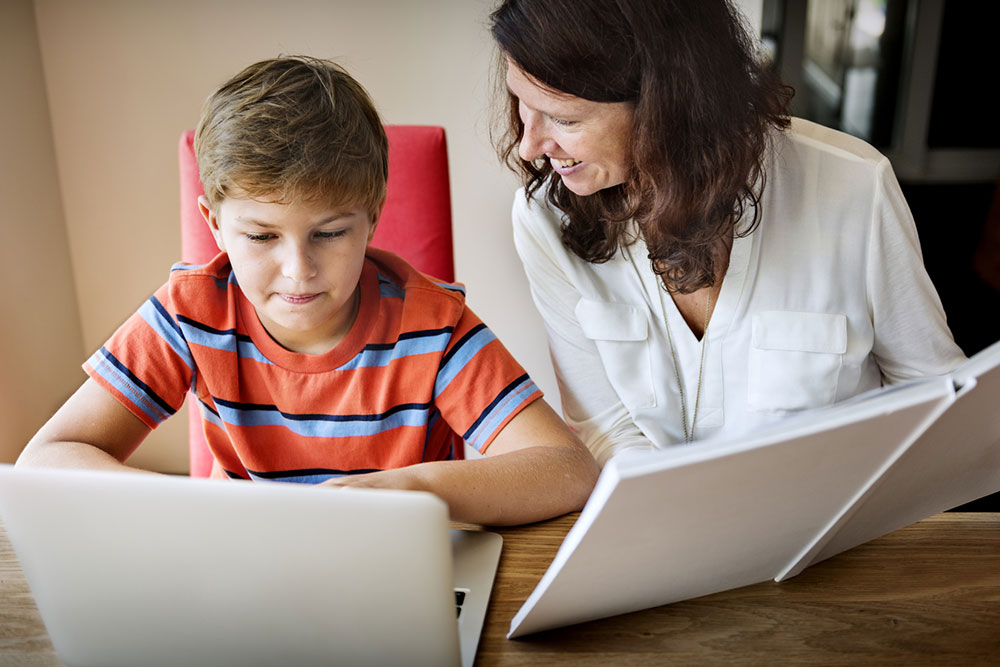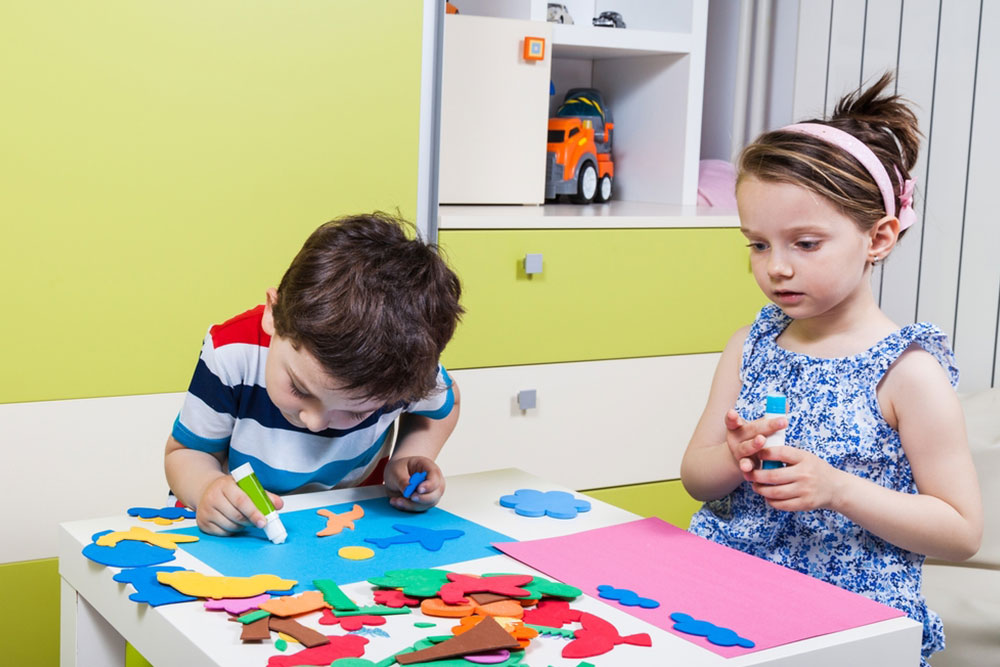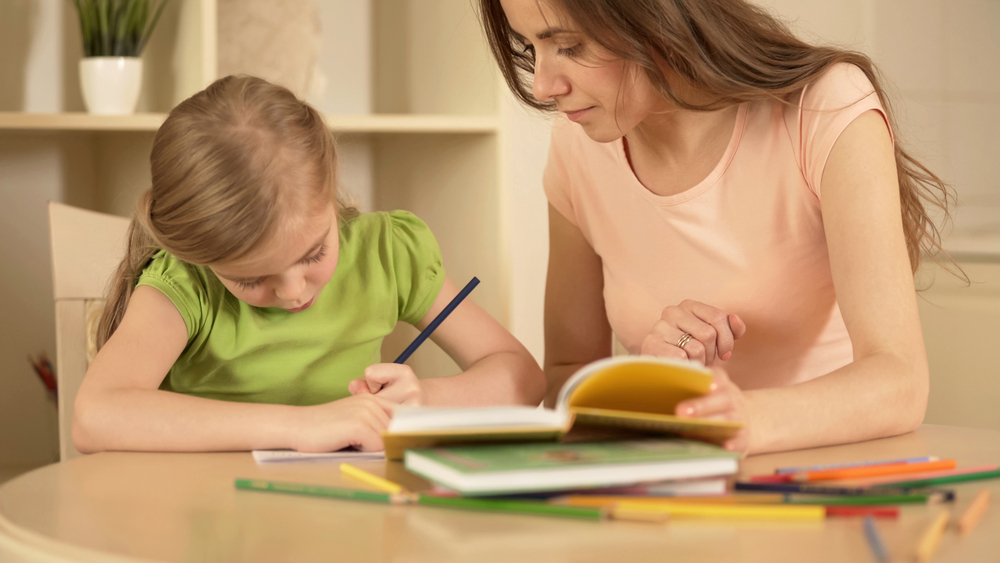What are parent education programs
Parent education programs are aimed at helping parents create conducive conditions for child safety and development. Mainly formulated to help parents of at-risk children, now these programs are offered to a wide range of people from different economic, cultural, ethnic, and educational backgrounds.
Parent education programs were recommended for families with issues like alcohol abuse, a history of violence and child abuse, and other issues. Now parenting programs are offered to any individual wanting to participate, irrespective of demographics.

Generally, parent education helps moms, dads, grandparents or other primary caregivers acquire good parenting skills. These programs can focus on guidance for parents of children of varying age groups – birth to three years of age, 4 to 12, and the teen years (13 to 17).
What is taught?
Parent education programs cover a lot of ground, from teaching prenatal care to baby care to the importance of health and nutrition in a child’s development. It can focus on helping parents in defining boundaries, enforcing discipline without using corporal punishments, teaching children to respect rules, take responsibility for consequences of mistakes, be respectful of other people, learn communication skills, instill the practice of sharing, and so on.
Parent education also places special emphasis on the need for them to be an active participant in their children’s education. It has been found that children whose parents help them in their learning process show better performance in school and have much less behavioral issues.
Parent educators use various approaches and techniques. They may deliver the training through formal classes, group discussions, or individual training. They may use various techniques and tools like discussions, role-play, videos, books, etc,. to help parents or other primary caregivers learn good parenting skills.
Many programs also focus on adult literacy and vocational training. These help the parents find jobs to support their family, and to help with their child’s schooling. Those who conduct such programs may also help parents find resources like getting financial help, finding training programs for employment, finding support groups or rehabilitation programs for family members with substance abuse issues and so on.
These programs can also help parents in acquiring other skills like household budget management, time management, interpersonal communication, anger management, etc. They also help the parents better understand the implications of child abuse, substance abuse, and violence on the child’s physical mental and intellectual development.
By educating and empowering parents, these parent education programs help create a more positive environment for children to grow up in, giving them a better chance of acquiring a good education and life skills for a much better future.
